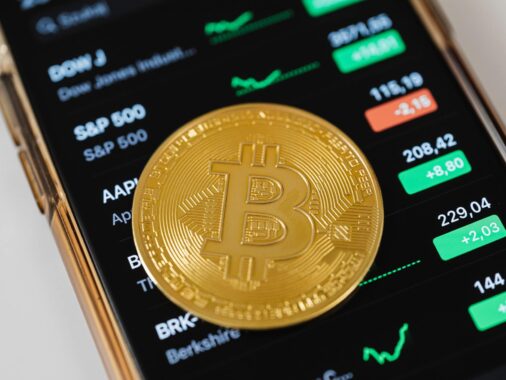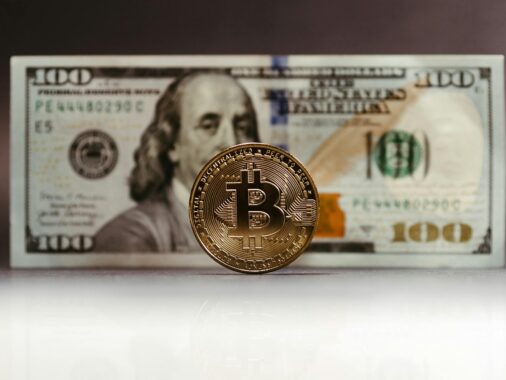Table of Contents
Why Does Fiat Money Have Value?
Discover why does fiat money have value despite not being backed by physical assets like gold or silver. Explore the historical context of fiat currencies, their problems, and potential alternatives such as gold-backed currencies and cryptocurrencies. Gain insights into the future of money in an ever-evolving global economy.

In the modern world, the money we use every day might seem like a tangible representation of wealth, but in reality, it’s largely based on trust and agreement. Fiat money, the currency we use in most countries today, holds value because we collectively believe it does. But how did we arrive at this system, and what are the implications of relying on fiat currency? In this blog post, we’ll explore why does fiat money have value, its historical context, the problems associated with it, and potential alternatives.
Understanding Why Does Fiat Money Have Value
Fiat money refers to currency that is issued by a government and is not backed by a physical commodity like gold or silver. Instead, its value is derived from the trust and confidence that people have in the issuing authority, typically a central bank or government. Fiat money allows governments to have more control over their monetary policies, including the ability to adjust interest rates, regulate money supply, and stimulate economic growth.
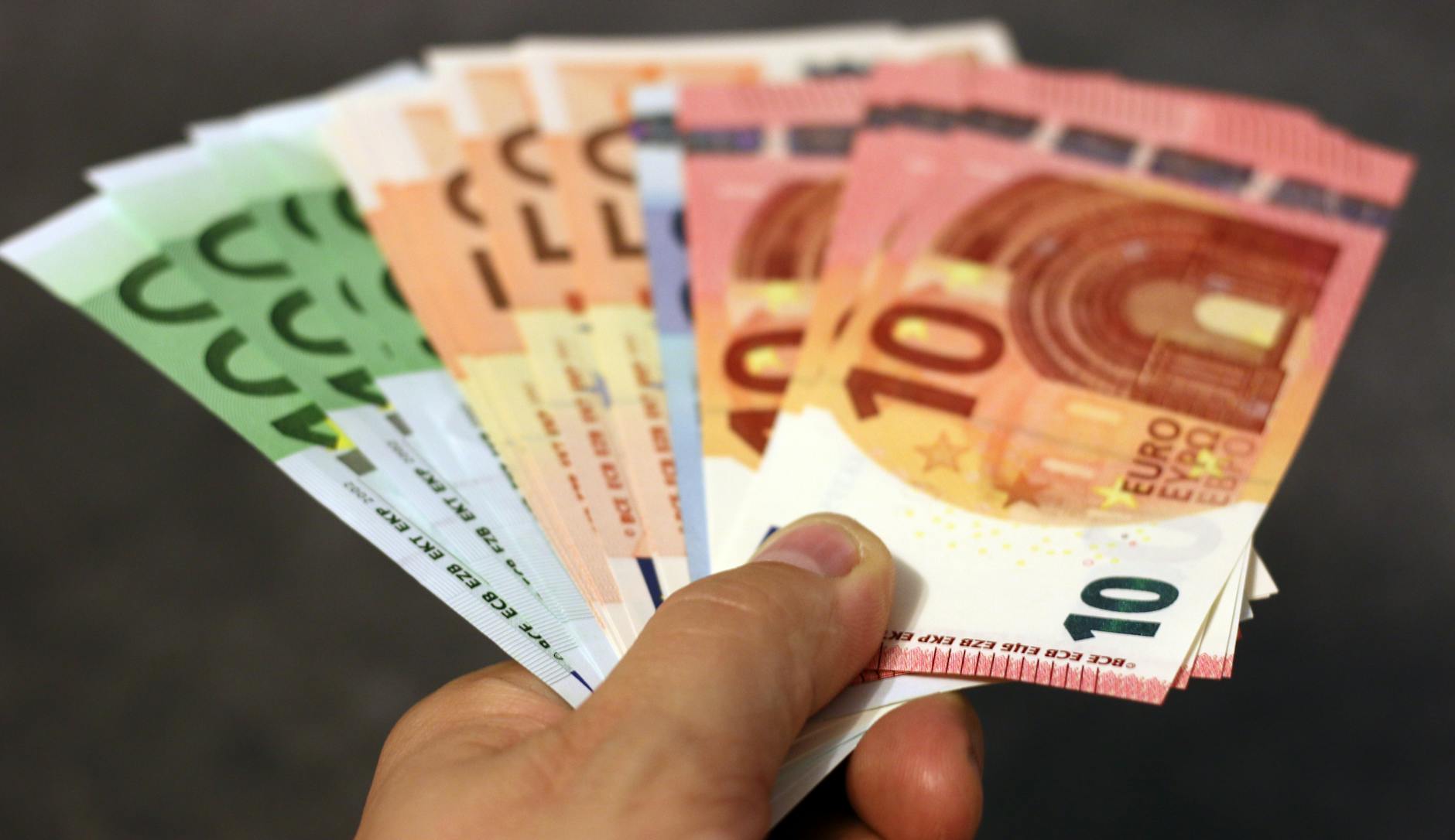
The Transition from Asset-Backed Currencies
In the past, currencies were often tied to physical assets like gold or silver, a system known as the gold standard. However, as economies grew more complex and globalized, the gold standard became impractical due to its limitations. Governments needed more flexibility to manage their economies, leading to the adoption of fiat currencies.
The Basis of Value in Fiat Money (why does fiat money have value)
The value of fiat money is based on the trust and confidence that people have in the issuing authority. When you use fiat currency to make a purchase, you do so with the belief that others will also accept it as a form of payment. This collective trust is what gives fiat money its value, despite not being backed by a physical commodity.
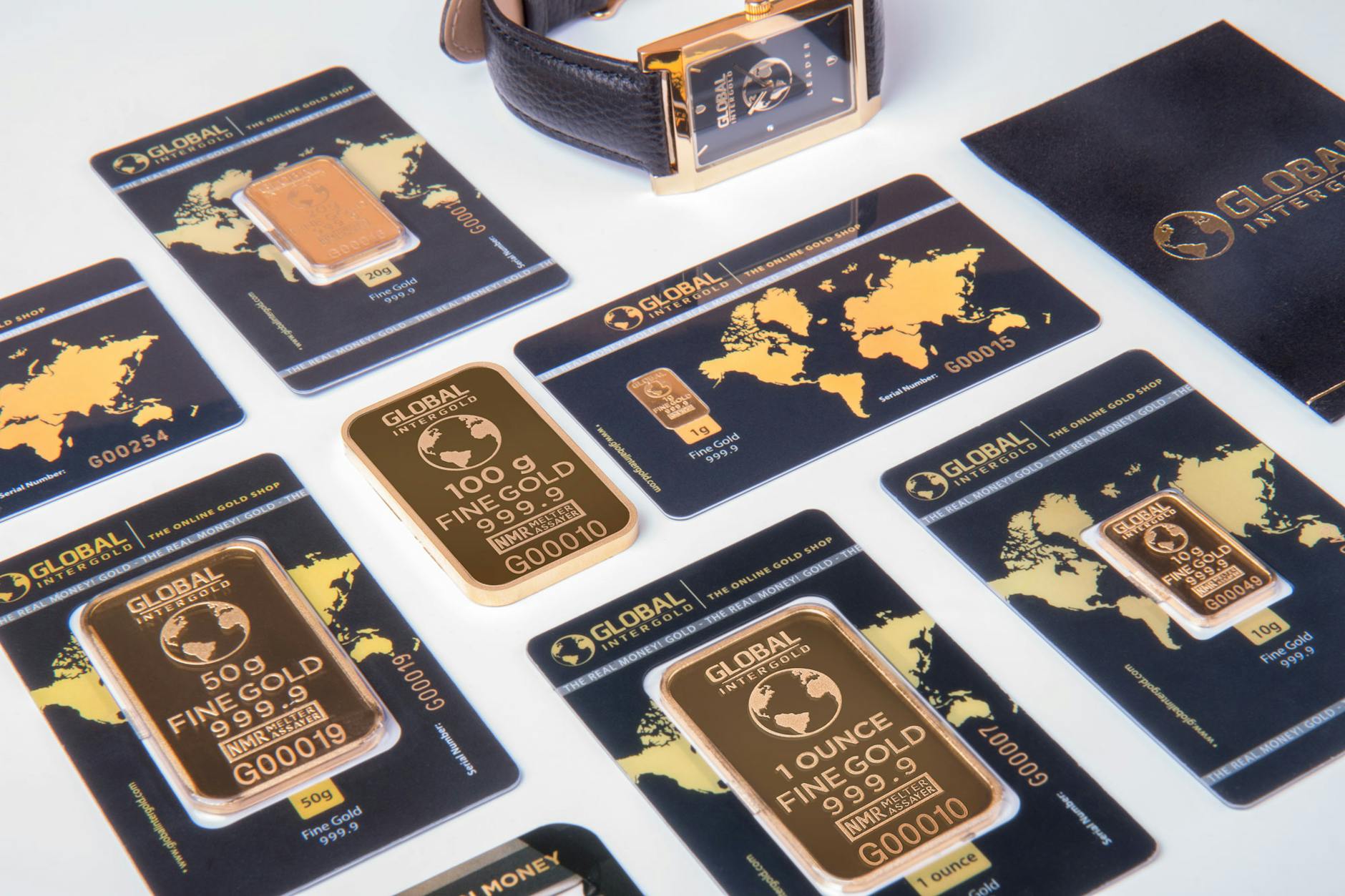
Historical Examples of Fiat Currency Failures
While fiat money has become the norm in most countries, it’s not without its problems. Throughout history, there have been numerous examples of fiat currencies collapsing due to hyperinflation, devaluation, or mismanagement. For instance, the Weimar Republic in Germany experienced hyperinflation in the 1920s, leading to the devaluation of the German mark and widespread economic turmoil. Similarly, Zimbabwe faced hyperinflation in the 2000s, resulting in the near-worthlessness of its currency.
Inflation and Loss of Value (Why Does Fiat Money Have Value)
One of the significant drawbacks of fiat money is its susceptibility to inflation. Governments have the power to print more money, which can lead to an oversupply of currency and a decrease in its value over time. This phenomenon erodes purchasing power and can lead to a loss of confidence in the currency, ultimately undermining its value.
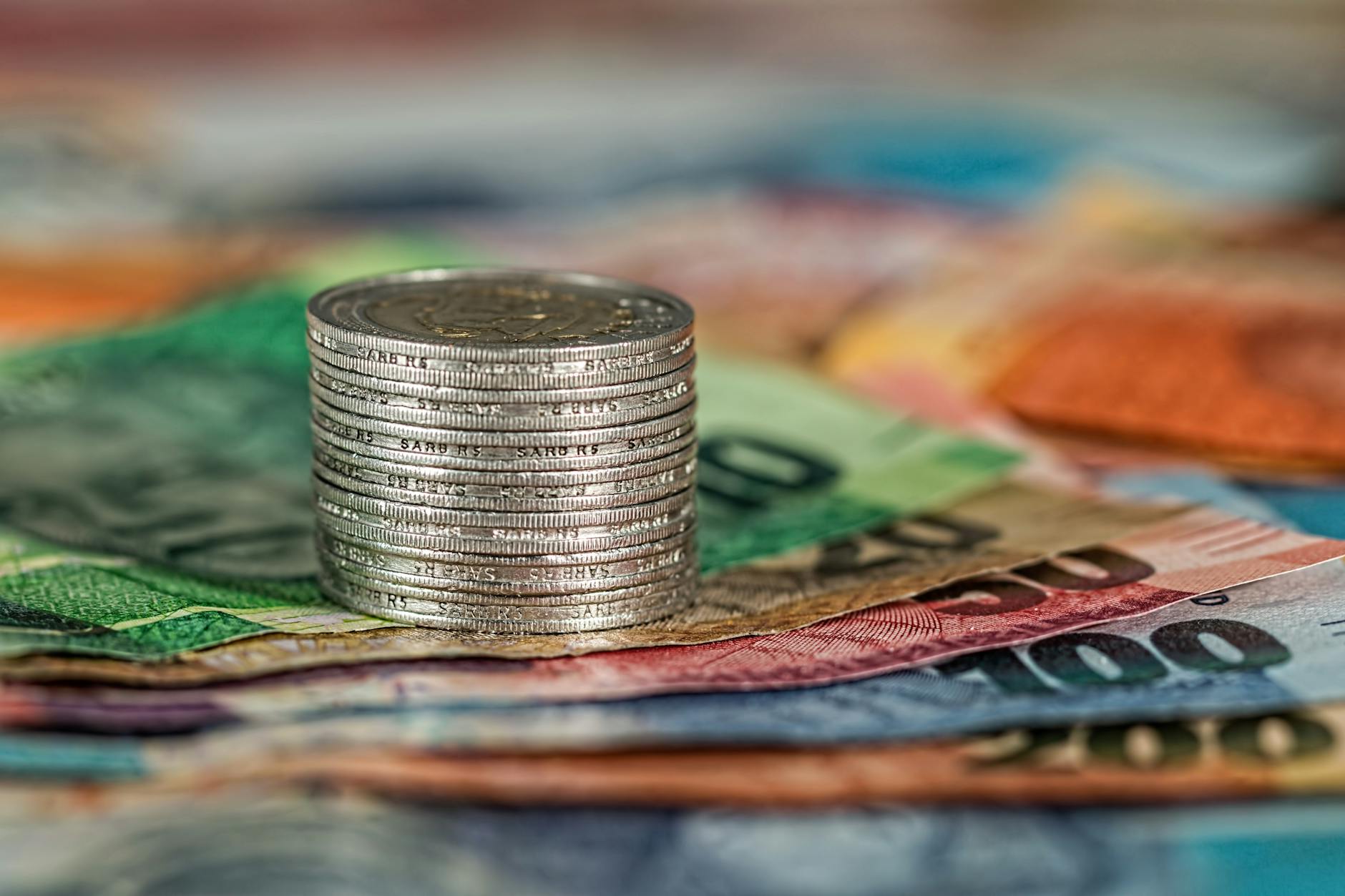
Alternatives to Fiat Currencies
Despite the problems associated with fiat money, there are alternatives that some advocate for. Gold-backed currencies, for example, tie the value of money to a physical commodity, providing greater stability and a hedge against inflation. However, gold-backed currencies also have limitations, including the difficulty of transporting and storing large quantities of gold.
The Rise of Cryptocurrencies
In recent years, cryptocurrencies like Bitcoin have emerged as potential alternatives to fiat currencies. These digital assets operate on decentralized networks using blockchain technology, offering greater transparency, security, and privacy compared to traditional currencies. Some countries, such as Venezuela, Iran, and El Salvador, have even embraced cryptocurrencies as a means of circumventing economic challenges and achieving financial independence.
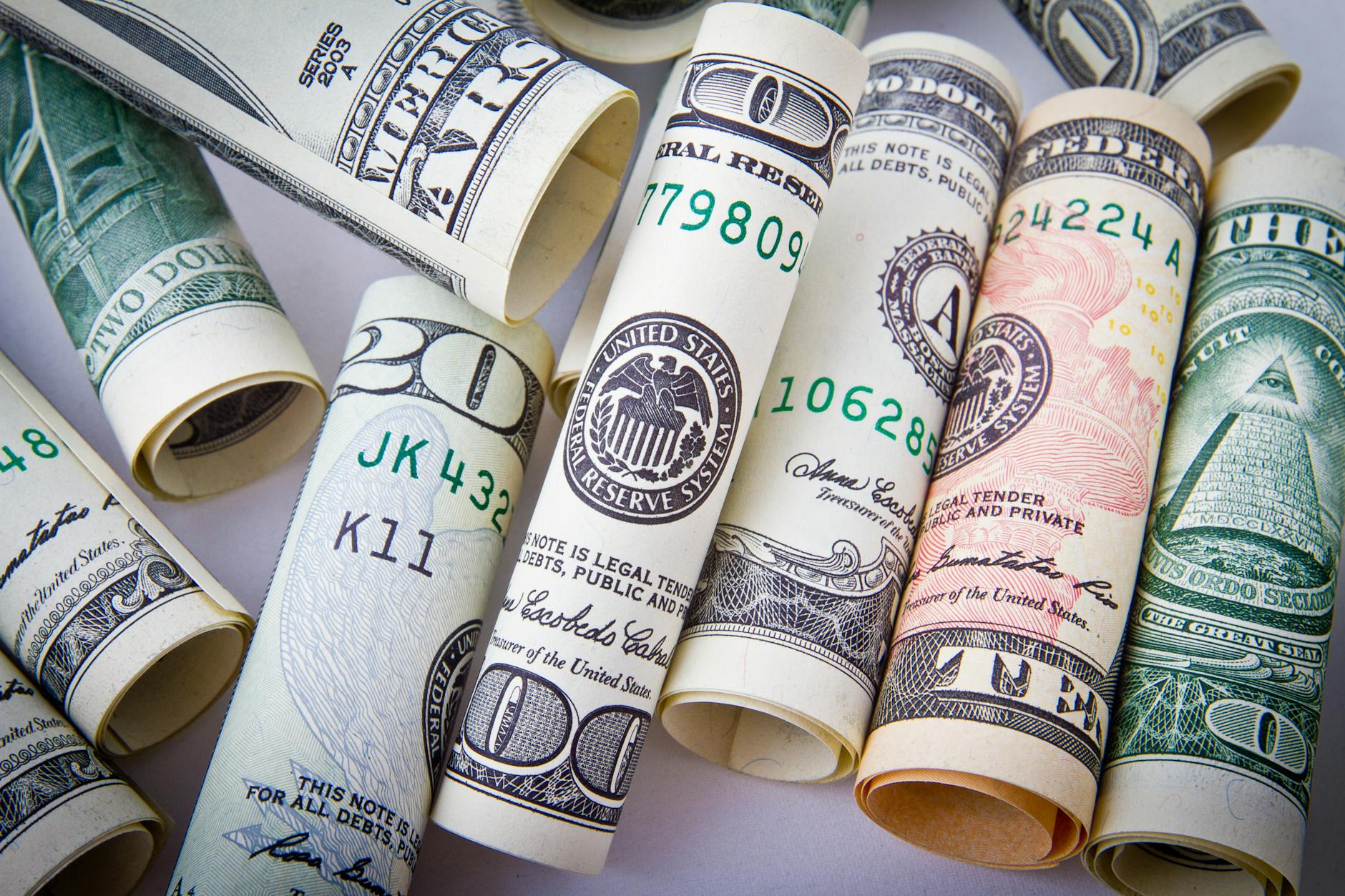
Final Word on Why Does Fiat Money Have Value: The Future of Money
While fiat money remains the dominant form of currency in the global economy, it’s not without its flaws. Inflation, devaluation, and economic instability are constant risks associated with fiat currencies. However, alternatives like gold-backed currencies and cryptocurrencies offer potential solutions to these problems, albeit with their own set of challenges. As we navigate the complexities of the modern financial system, it’s essential to critically evaluate the strengths and weaknesses of different monetary systems and consider how we can build a more resilient and equitable future.




